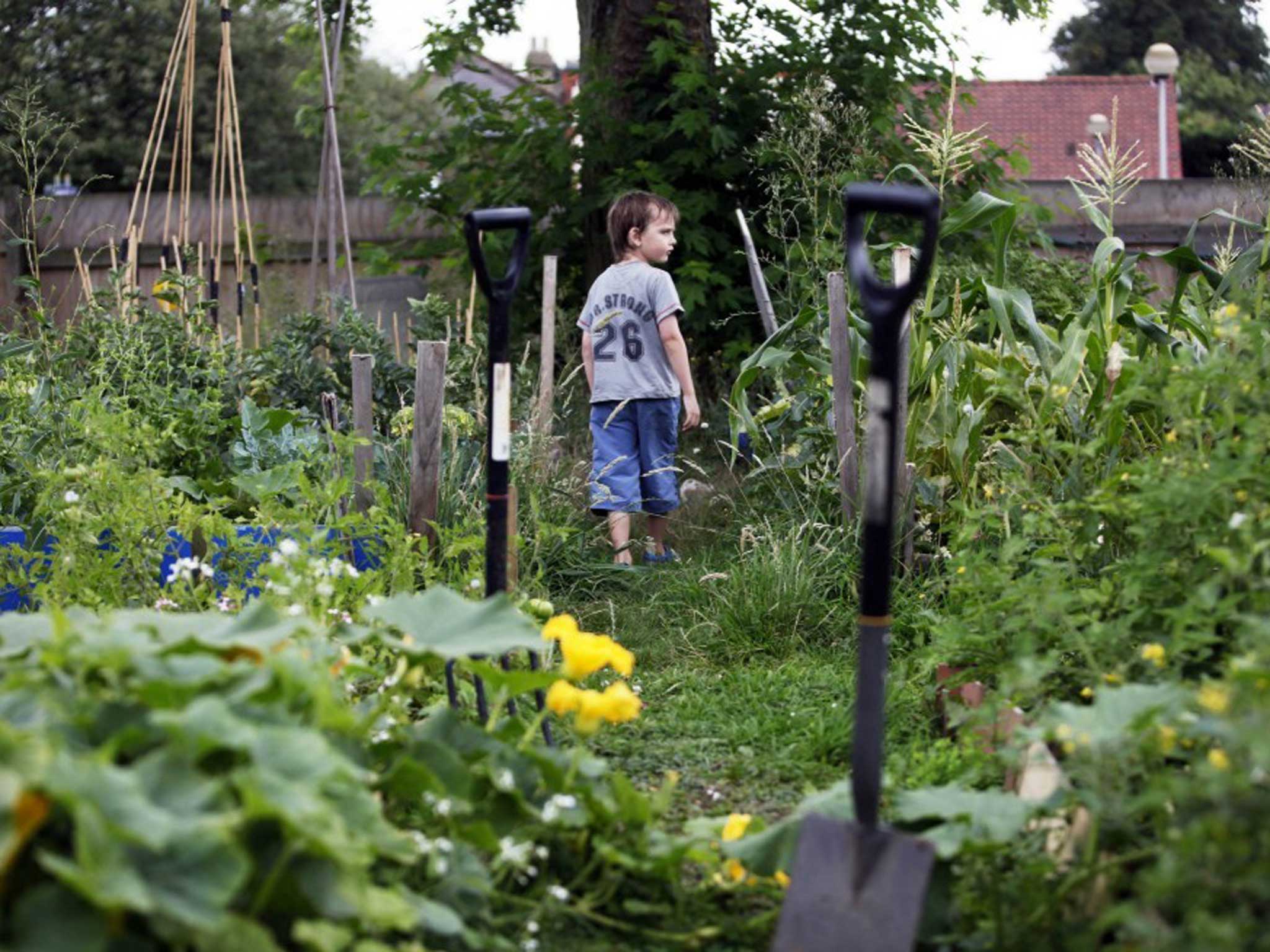How green fingers can help with the blues: On the eve of National Gardening Week, patients should take up their trowel - and save the NHS a fortune
Gardening is not just a good source of exercise, but can also help improve recovery time, mobility and mental health

Gardening, once perceived as the sole preserve of middle-class women who revere the Chelsea Flower Show, is now being used as an effective therapy to help drug addicts, soldiers with post-traumatic disorders and stroke victims alike.
On the eve of National Gardening Week, Sir Richard Thompson, president of the Royal College of Physicians, says more doctors should be promoting gardening therapy, not simply to benefit patients, but also to create "huge potential savings for the NHS". "Just looking at a garden is scientifically proven to improve recovery time," said the patron of horticultural charity, Thrive: "Patients do much better after surgery if they look at 'green things' – and they get out of hospital quicker."
According to Sir Richard, "positive spin-offs" from gardening include, exercise, vitamin D from sunlight, and home-grown food. He said: "If everyone was encouraged to do a bit more gardening, you can well imagine how that would affect obesity rates and reduce the stress on the NHS."
According to Thrive's Alyson Chorley, gardening can benefit everyone, regardless of age or ability. "We help older people, and people who have had strokes to improve their mobility by getting their muscles moving. Gardening also improves mental health by providing a sense of purpose and achievement. It's a very social activity and can reduce feelings of isolation and low mood – making friends is easy for some, but for others it is really difficult and having a shared interest can really help."
The charity combines therapeutic benefits with practical ones by teaching City & Guilds qualifications, with more than half of those taking part leaving with an NVQ in work-based horticulture.
Ian Rickman attended The Geoffrey Udall Centre in Reading, after suffering a stroke in 1995. "Initially, I didn't think I'd ever be able to garden again," said the 58-year-old centre volunteer. "When I came out from hospital I looked through my patio doors at my greenhouse and I just cried. I couldn't even step over the threshold. But with time, and through the gardening, my confidence returned. It was like being born again."
Forty-nine-year-old Kevin Fitzgerald turned to the east London-based Grounded project 10 years ago when he was struggling with depression and alcohol-addiction. "I just didn't know what to do anymore," he said. "But when I started volunteering, I felt this surge of wellbeing at the possibility of being able to come to a patch in the park and call it my own. To hit the cow parsley and take out the brambles just allowed me to find a sense of new direction."
Join our commenting forum
Join thought-provoking conversations, follow other Independent readers and see their replies
Comments